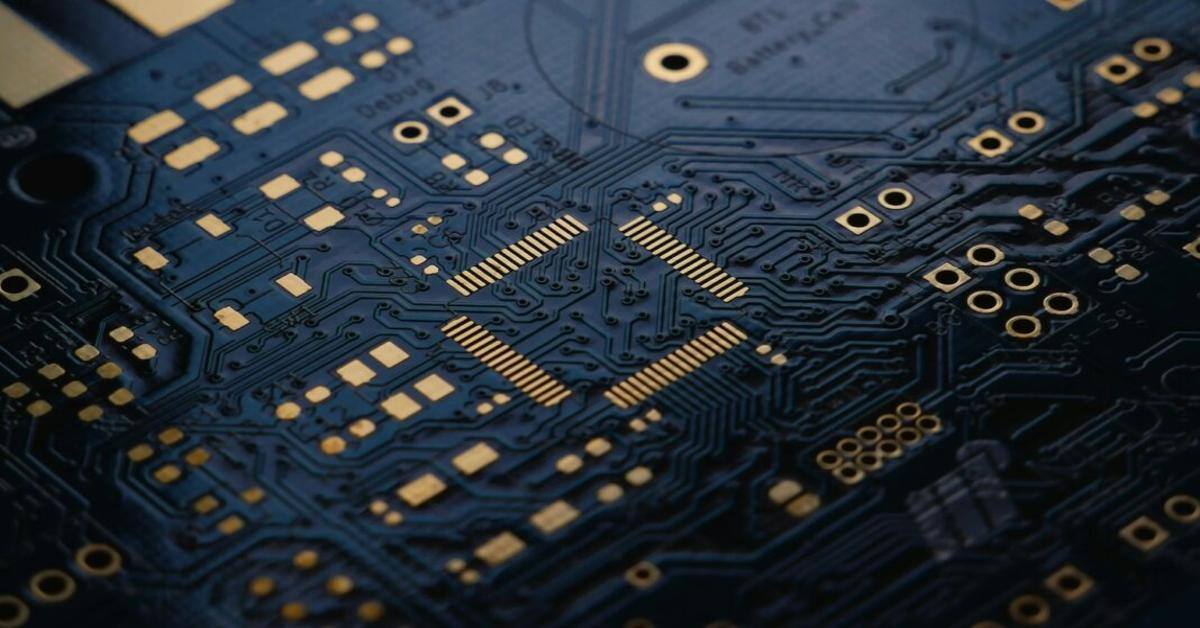In a world saturated with negativity, it’s easy to lose sight of the incredible advancements shaping our future. This article offers a dose of ‘Data-Driven Optimism,’ focusing on a powerful synergy: the convergence of AI-powered education and groundbreaking cancer research. We’ll explore how this combination is not only accelerating scientific discovery but also reshaping the very fabric of higher education, offering a path toward solving some of humanity’s most pressing challenges, including the deadliest forms of cancer. Prepare to be inspired by the transformative potential of technology and human ingenuity working in harmony.
The Exponential Growth of Data and its Impact on Cancer Research
The sheer volume of data generated in biomedical research is exploding. Genomic sequencing, medical imaging, patient records – all contribute to an ocean of information. Traditional methods struggle to process and analyze this deluge effectively. However, Artificial Intelligence, with its capacity for complex pattern recognition and predictive modeling, offers a powerful solution. AI algorithms can sift through vast datasets, identifying subtle correlations that might escape human observation, potentially unlocking the secrets to cancer prevention, diagnosis, and treatment.
AI-Driven Drug Discovery: Accelerating the Pace of Innovation
Developing new cancer therapies is a lengthy and costly process. AI is dramatically accelerating this timeline. Machine learning algorithms can predict the efficacy of drug candidates, significantly reducing the time and resources needed for clinical trials. By analyzing molecular structures and biological pathways, AI can identify promising drug targets and even design novel therapeutic molecules with unprecedented speed and accuracy. This leads to faster development of life-saving treatments.
Personalized Medicine: Tailoring Treatments to Individual Needs
Cancer is not a monolithic disease; it’s a complex collection of diseases, each with its unique characteristics. AI empowers personalized medicine by analyzing an individual patient’s genetic makeup, lifestyle, and medical history to predict the most effective treatment strategy. This precision approach minimizes side effects and maximizes treatment success rates, improving patient outcomes and quality of life. This tailored approach is revolutionizing cancer care, moving beyond a ‘one-size-fits-all’ approach.
The Transformation of Higher Education: AI-Powered Universities
The advancements in AI are not limited to research labs; they are revolutionizing education. AI-powered universities are emerging, offering personalized learning experiences, adaptive assessments, and intelligent tutoring systems. These institutions equip future scientists and medical professionals with the skills and knowledge needed to tackle complex challenges like cancer research effectively. This ensures a pipeline of highly skilled professionals are equipped to handle the increasing complexities of the field.
Conclusion: A Brighter Future Through Collaboration
The convergence of AI-powered education and cancer research represents a powerful force for positive change. By harnessing the power of AI, we can accelerate scientific discovery, develop more effective cancer therapies, and cultivate a new generation of scientists and healthcare professionals equipped to tackle the world’s most pressing challenges. This collaborative effort, blending technology with human expertise, offers a beacon of hope in the fight against cancer and promises a healthier, brighter future for all. The future of cancer research, and education itself, is undeniably brighter thanks to the innovative applications of artificial intelligence.

